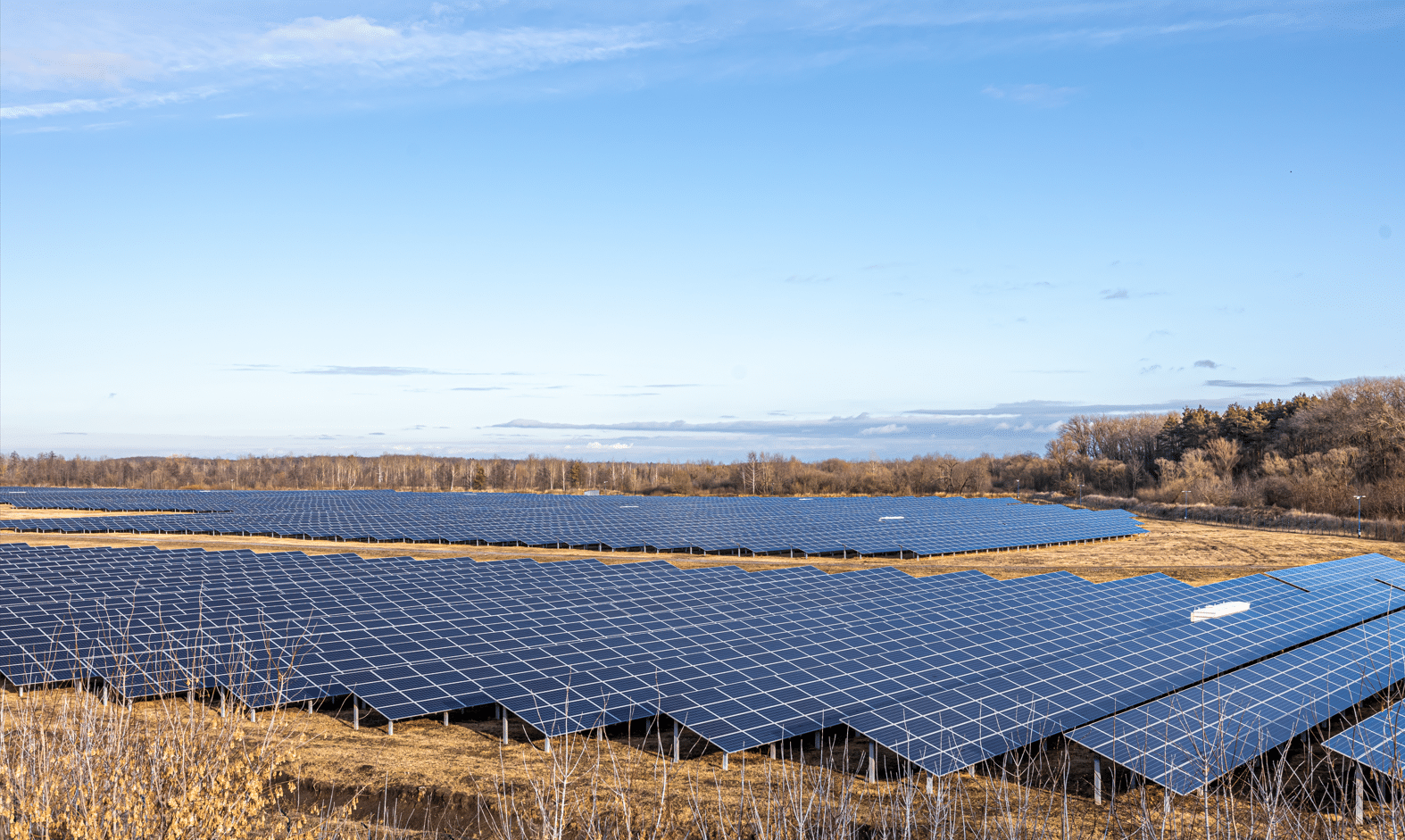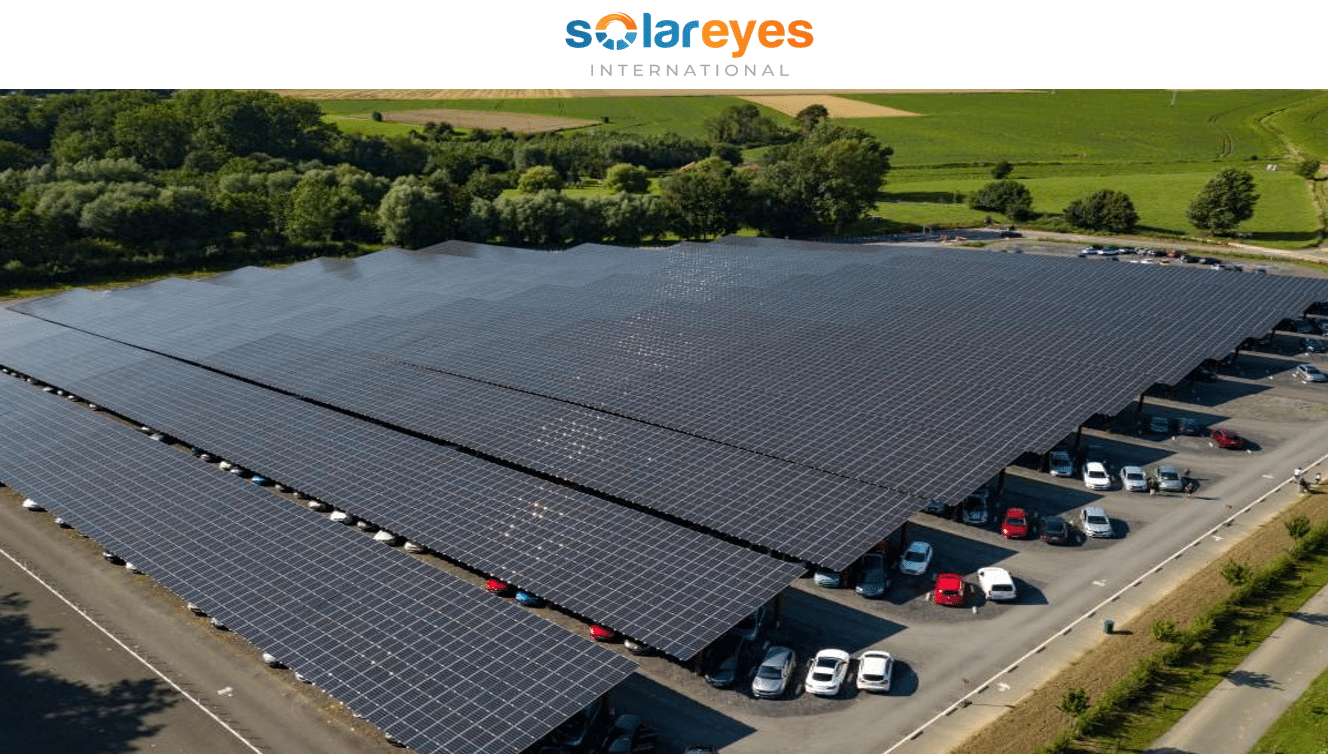Opportunities for Solar Energy Development in Africa

Solar Energy Development in Africa
Africa is one of the most promising regions for solar energy development in the world. With abundant sunshine throughout the year, solar energy is a reliable, clean, and cost-effective solution to meet the rising energy demand in the region.
Today we will explore the opportunities and challenges for solar energy development in Africa.
The Potential of Solar Energy Development in Africa
Africa has the potential to generate more than 10 terawatts (TW) of solar energy, which is more than 40 times the current electricity consumption of the continent.
According to the International Energy Agency (IEA), solar energy could provide up to 40% of Africa’s power generation by 2040.
10 Global Trends in the Solar Sector
This potential is not limited to the Sahara desert, as many countries in sub-Saharan Africa have high solar radiation levels and vast areas of land suitable for solar projects.
Benefits of Solar Energy Development in Africa
Solar energy offers numerous benefits for Africa, including:
1. Access to electricity
More than 600 million people in sub-Saharan Africa lack access to electricity, and solar energy can help bridge this gap. Small-scale solar systems, such as solar home systems and mini-grids, can provide electricity to rural areas where grid extension is not feasible or cost-effective.
2. Economic development
Solar energy can boost economic development in Africa by creating job opportunities in manufacturing, installation, and maintenance of solar systems.
Australian Researchers Surpassed 30% Efficiency with Tandem Perovskite-Silicon Solar Cell
It can also reduce the cost of electricity, which can stimulate economic growth and attract foreign investment.
3. Climate change mitigation
Africa is one of the most vulnerable regions to climate change, and solar energy can help mitigate its impact by reducing greenhouse gas emissions. Solar energy is a clean and renewable energy source that does not produce any air or water pollution.
4. Environmental benefits
Solar energy is a clean and renewable source of energy that does not emit greenhouse gases or other pollutants. This makes it an environmentally friendly alternative to fossil fuels, which are a significant source of air pollution and contribute to climate change.
Widespread adoption of solar energy in Africa could help reduce the region’s carbon footprint and promote sustainable development.
5. Economic benefits
Solar energy can also bring significant economic benefits to Africa. It provides a reliable source of electricity that can help power industries, businesses, and homes. This can spur economic growth and create new job opportunities in the solar energy sector.
The Future of Solar Energy in the US
Additionally, solar energy can help reduce energy costs, particularly in rural areas where access to electricity is limited and expensive.
6. Social benefits
Access to electricity is essential for improving the quality of life and promoting social development. Solar energy can help provide electricity to underserved communities, particularly in rural areas where the grid infrastructure is limited.
This can improve access to healthcare, education, and other essential services, and promote social and economic development.
Challenges of Solar Energy Development in Africa
Despite the enormous potential of solar energy in Africa, several challenges need to be addressed to accelerate its deployment, including:
1. Financing
The high upfront cost of solar projects is a significant barrier to their development in Africa. Governments, multilateral organizations, and the private sector need to increase investment in solar energy to make it more affordable and accessible to all.
2. Policy and regulatory frameworks
Many African countries lack clear policies and regulatory frameworks for solar energy development. Governments need to create an enabling environment for solar energy investment by providing tax incentives, feed-in tariffs, and other supportive measures.
3. Technical capacity
The lack of technical expertise and skills is another challenge to solar energy development in Africa. Governments and the private sector need to invest in training and capacity building to develop a skilled workforce for the solar industry.
4. Infrastructure
The lack of proper infrastructure is another major challenge to solar energy development in Africa. The power grids in many African countries are outdated and unreliable, which makes it difficult to integrate solar energy into the existing power systems.
Common Losses for Solar Installations: Understanding and Mitigating Them
Governments and the private sector need to invest in upgrading the power grids and building new infrastructure to support the growth of solar energy.
5. Access to finance
Access to finance is a significant challenge for solar energy projects in Africa. Most solar projects require significant upfront investment, which is beyond the reach of many individuals and small businesses.
Governments, multilateral organizations, and the private sector need to increase investment in solar energy and provide more flexible financing options to make it more accessible to all.
6. Political instability
Political instability is another challenge to solar energy development in Africa. Many African countries have experienced political instability, which has led to a lack of investment in the energy sector.
Governments need to provide a stable political environment and create policies that promote investment in solar energy.
Conclusion
Solar energy has the potential to transform Africa’s energy landscape and bring numerous benefits to the region. However, realizing this potential requires a concerted effort from governments, the private sector, and civil society to address the challenges of financing, policy and regulatory frameworks, and technical capacity.
With the right policies and investments, solar energy can help Africa achieve universal access to electricity and drive sustainable economic growth.
FOLLOW US ON OUR CHANNELS
Follow us on LINKEDIN, FACEBOOK, TELEGRAM GROUP and WHATSAPP.
*** ALSO CHECK: 12 CHALLENGES FACED BY SOLAR COMPANIES IN DEVELOPING COUNTRIES
ABBREVIATIONS IN THE SOLAR ENERGY SECTOR
HOW TO SIZE A SOLAR SYSTEM – 5 clear steps anyone can follow
WHY SOLAR ENERGY? – 10 reasons to go solar
WHAT IS A SOLAR HOME SYSTEM (SHS) – 7 treasure things to know





